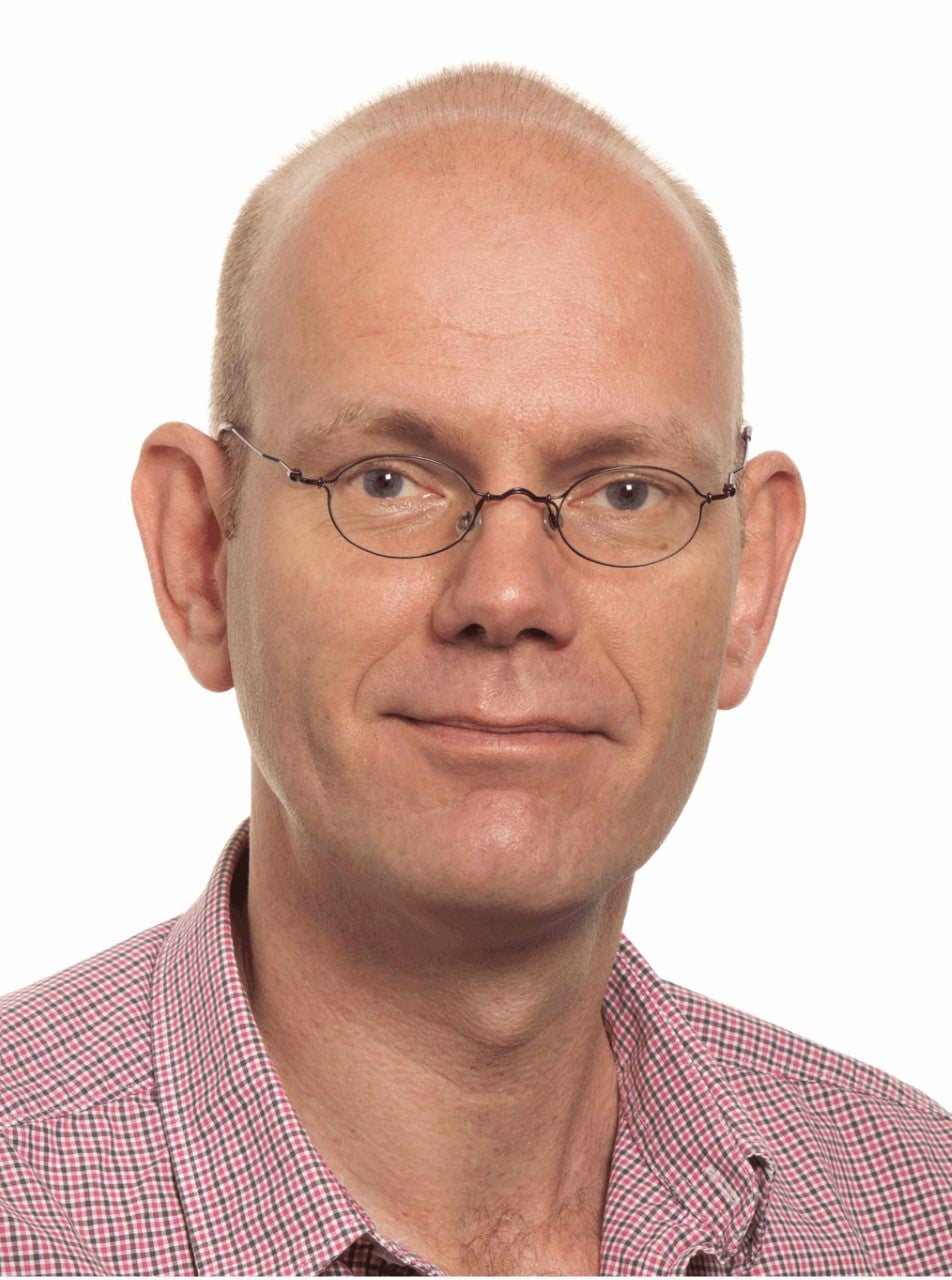Python is currently in high demand; it’s a programming language that has enjoyed a meteoric surge in popularity among professionals.
With supervised practicals and assignments that will be evaluated, students will learn how to program through active coding. As such, this course encourages an environment of independence where students can feel secure in their own understanding and application of Python.
Lectures will be light yet highly interactive, with many small exercises to engage student’s abilities under professional guidance. Course topics include, but are not limited to:
- Computer programming concepts
- Programming as a problem-solving tool
- The Python language
- The use of Jupyter notebook
- Best coding practices
- Debugging code
- Visualisation
See the additional course information below.




